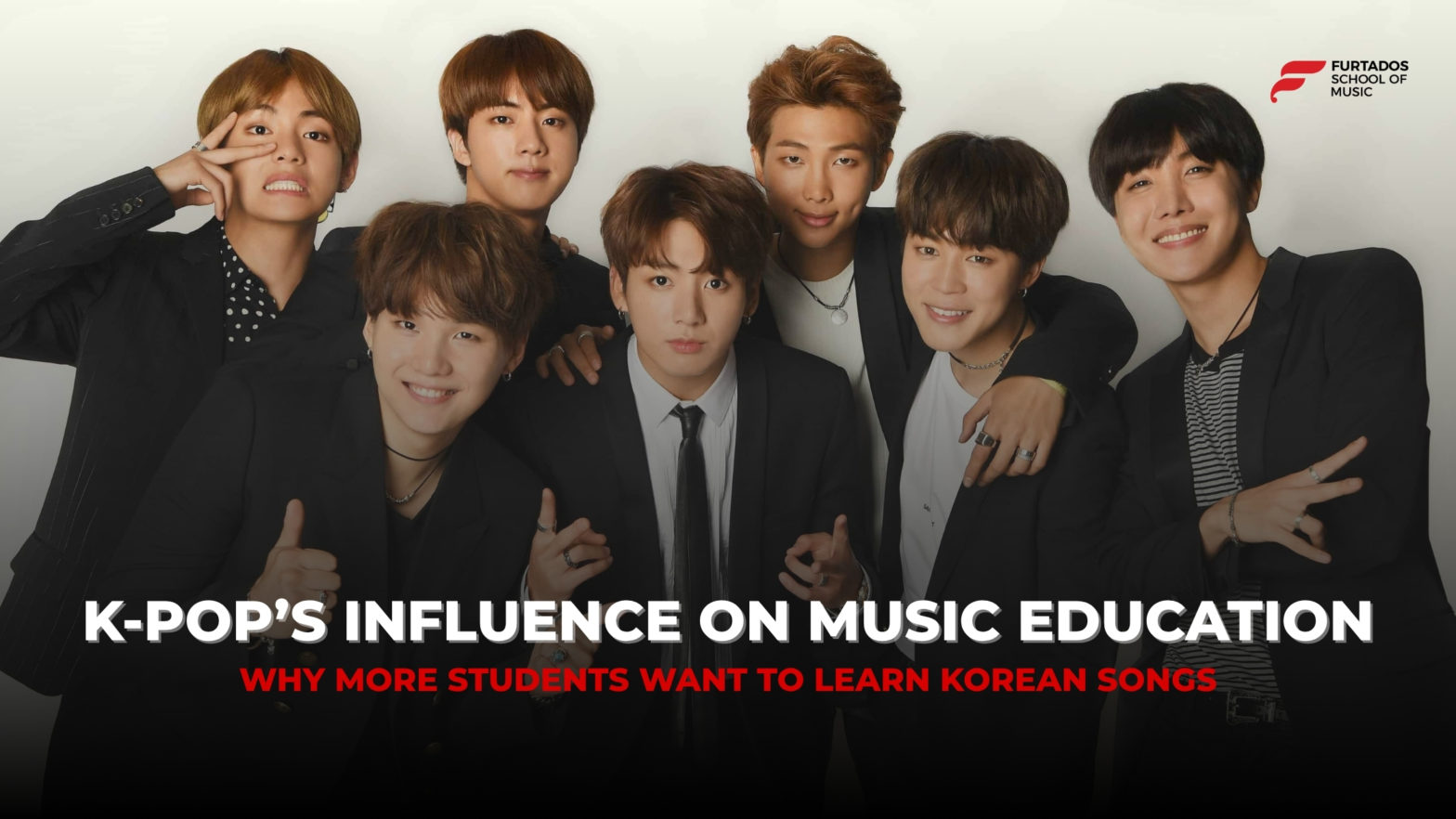In recent years, K-pop has transcended its South Korean origins to become a global cultural phenomenon. Its infectious melodies, synchronized choreography, and polished visuals have captivated audiences worldwide. Beyond entertainment, K-pop is reshaping music education, inspiring a surge of interest in K-pop music lessons, and encouraging students around the world to Learn Korean Songs.
Why More Students Want to Learn Korean Songs
The Global Rise of K-Pop and Language Learning
K-pop’s popularity has led to a significant rise in language learning, particularly Korean. In the United States, college enrollment in Korean courses increased by 95% over a decade, much of it due to the K-pop wave. Platforms like Duolingo have reported Korean as one of their most popular language choices, a trend that’s being mirrored in India too.
Young Indian fans are not just listening to their favorite idols—they want to understand the lyrics, sing along with precision, and even speak the language. This enthusiasm is translating into higher demand for K-pop music lessons and Korean language classes, especially among music students and enthusiasts.
The Allure of K-Pop Music Lessons
What makes K-pop music lessons so appealing is the multidisciplinary nature of the training. Students aren’t just taught to sing—they learn to perform, dance, harmonize, and express emotions authentically. South Korean institutions have begun offering specialized K-pop programs, and music schools across the globe are following suit.
Indian music schools can take note: by offering K-pop-inspired courses, they can engage students more deeply and provide a modern, globally relevant musical education. This also opens up new avenues for collaboration and cultural exchange.
Best K-Pop Vocal Training Techniques
One of the reasons K-pop idols shine on stage is their commitment to vocal training. Some of the best K-pop vocal training techniques include:
- Breath Control: Essential for singing powerfully while dancing.
- Vocal Warm-ups: Daily routines that enhance vocal range and flexibility.
- Precise Pronunciation: Focus on diction to connect with global audiences.
- Emotional Delivery: Training to express the soul of the song and captivate listeners.
These best K-pop vocal training techniques are rooted in discipline and consistency. Indian music educators can incorporate these into their own teaching systems to help students improve performance skills across genres.
Learn K-pop Songs: A Gateway to Culture
To learn K-pop songs is to dive into a vibrant world of rhythm, style, and storytelling. These songs often touch on themes like self-love, mental health, ambition, and identity—making them relevant to today’s youth. Through lyrics, learners gain not only language skills but also cultural insight.
Integrating K-pop into music education doesn’t mean abandoning Indian classical or folk traditions—it means creating a fusion that reflects the modern student’s global taste. It’s about relevance, relatability, and innovation.
Bringing K-Pop to Indian Music Schools
Here’s how Indian music schools can ride the Hallyu wave:
- Curriculum Innovation: Blend traditional Indian music theory with K-pop structure and performance.
- Language Workshops: Offer Korean basics to help students sing more accurately.
- Guest Sessions: Invite international vocal trainers or choreographers for masterclasses.
- Cultural Events: Host “K-pop nights” or competitions that encourage students to perform Korean songs.
By making room for K-pop music lessons, schools can cater to current student interests while improving their musicality in fresh, engaging ways.
Final Thoughts
K-pop is more than just a trend—it’s a new way to experience and teach music. Its influence on education is only growing, especially as more students seek to Learn Korean Songs and explore the best K-pop vocal training techniques. By embracing this shift, Indian music schools can empower the next generation of musicians with a global perspective, unmatched discipline, and a whole lot of stage charisma.
